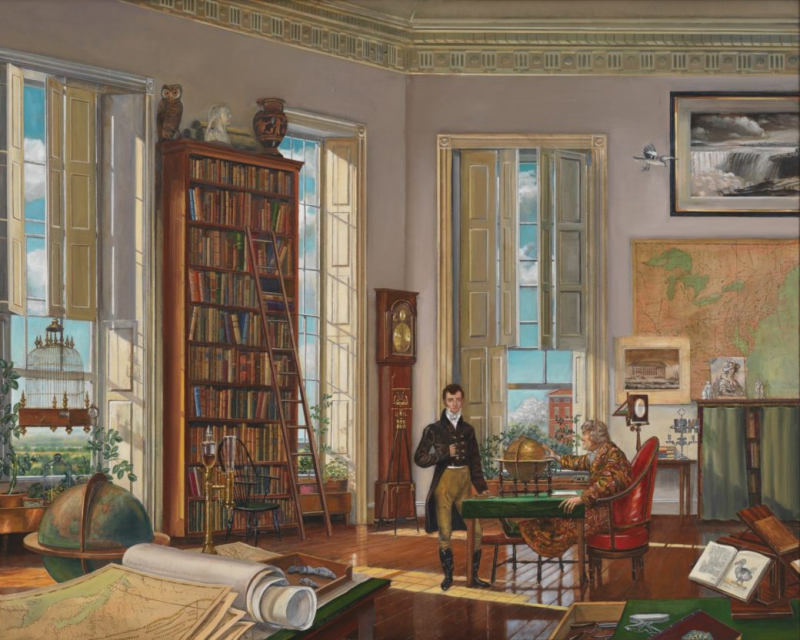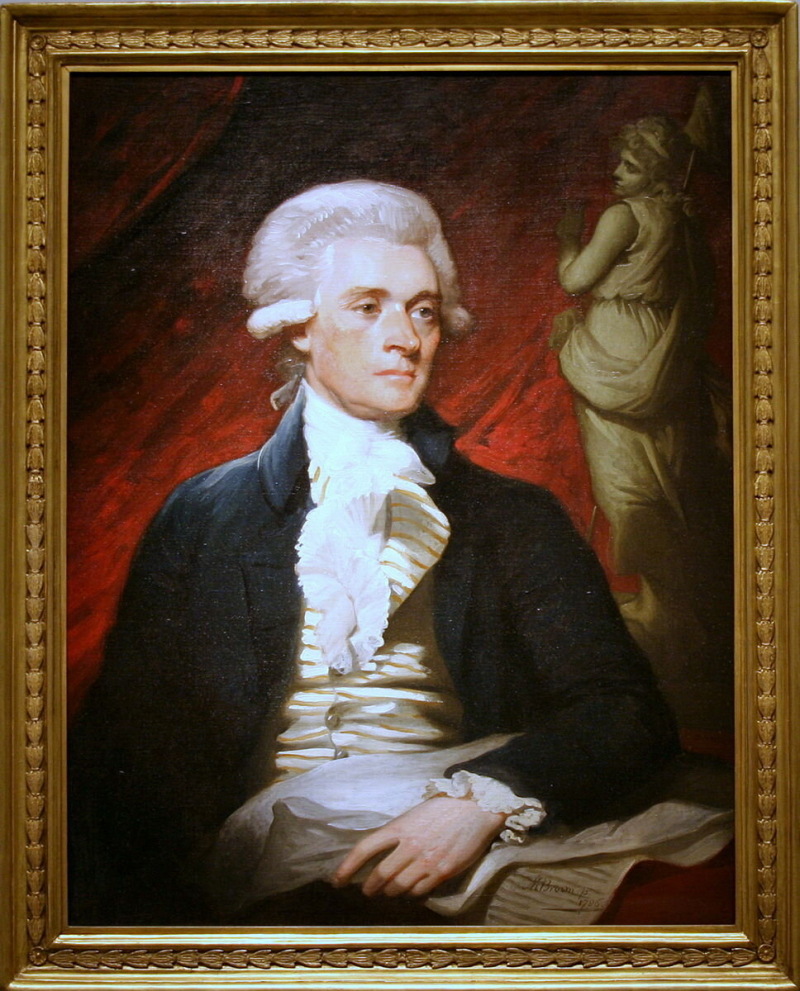Thomas Jefferson was an economist
One of the interesting facts about Thomas Jefferson is he was an economist. Jefferson had a strong interest in economic theory, which he had grown to like while living in France. Leading European thinkers considered him a friend and translator. He supported free market principles and disapproved of the use of bank notes as money. He was one of the first proponents of laissez-faire economics and supported markets with less regulation. According to laissez-faire economics, allowing firms to run free from government interference is the greatest method to stimulate economic growth. One of the most well-known economic theories of the present day is laissez-faire economics, commonly referred to as free-market economics. The historical significance of Jefferson's economic theories is still being examined and discussed today.
For the point of view, Hamilton believed that Jefferson's plan was out-of-date and that the United States would remain impoverished under an agrarian economy. He thought that the new country needed to transition to the manufacturing and trade-based economy of the future in order to become a global power. Hamilton offered other recommendations for measures to advance the American economy in addition to his plan for banks, including protective tariffs for emerging industries (something many economists today would frown upon).
It is commonly known that Jefferson and Hamilton had a contentious disagreement about the national bank. The First Bank of the United States was created by Hamilton, who saw it as crucial to the funding of the federal government and the development of a strong domestic banking system. Hamilton is regarded as a central banking pioneer and an ancestor of the current Federal Reserve as a result. Jefferson thought the bank would give its owners too much control over the government. Actually, Jefferson had nothing good to say about banks. He was adamant that working the land was the only "honest" method to make a living, and he didn't trust bankers since he considered them as fundamentally swindlers.
Since the United States has the largest industrial economy in the world and only a small portion of the population still lives on farms, it is tempting to see Hamilton's subsequent role in American history as a victory. After all, as with banking, this is because the country is still primarily a land of plenty. From the Homesteading movement to contemporary notions of "local self-reliance," the Jeffersonian vision continues to have a strong hold on the American soul. Though there are many more, agricultural policy serves as a prime illustration of this mentality in action today. The main goal of these initiatives is to aid small, family farmers, at least in principle.













